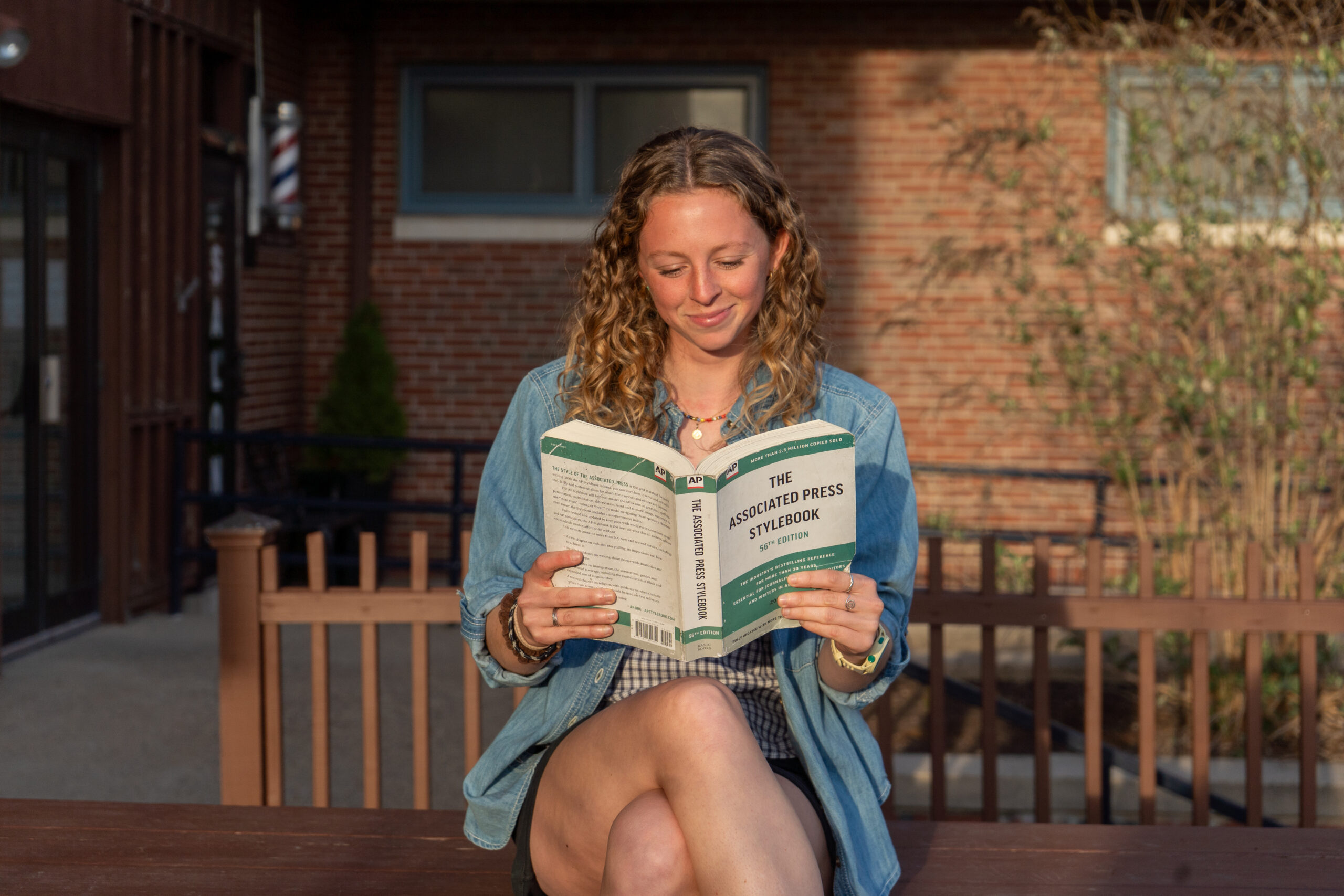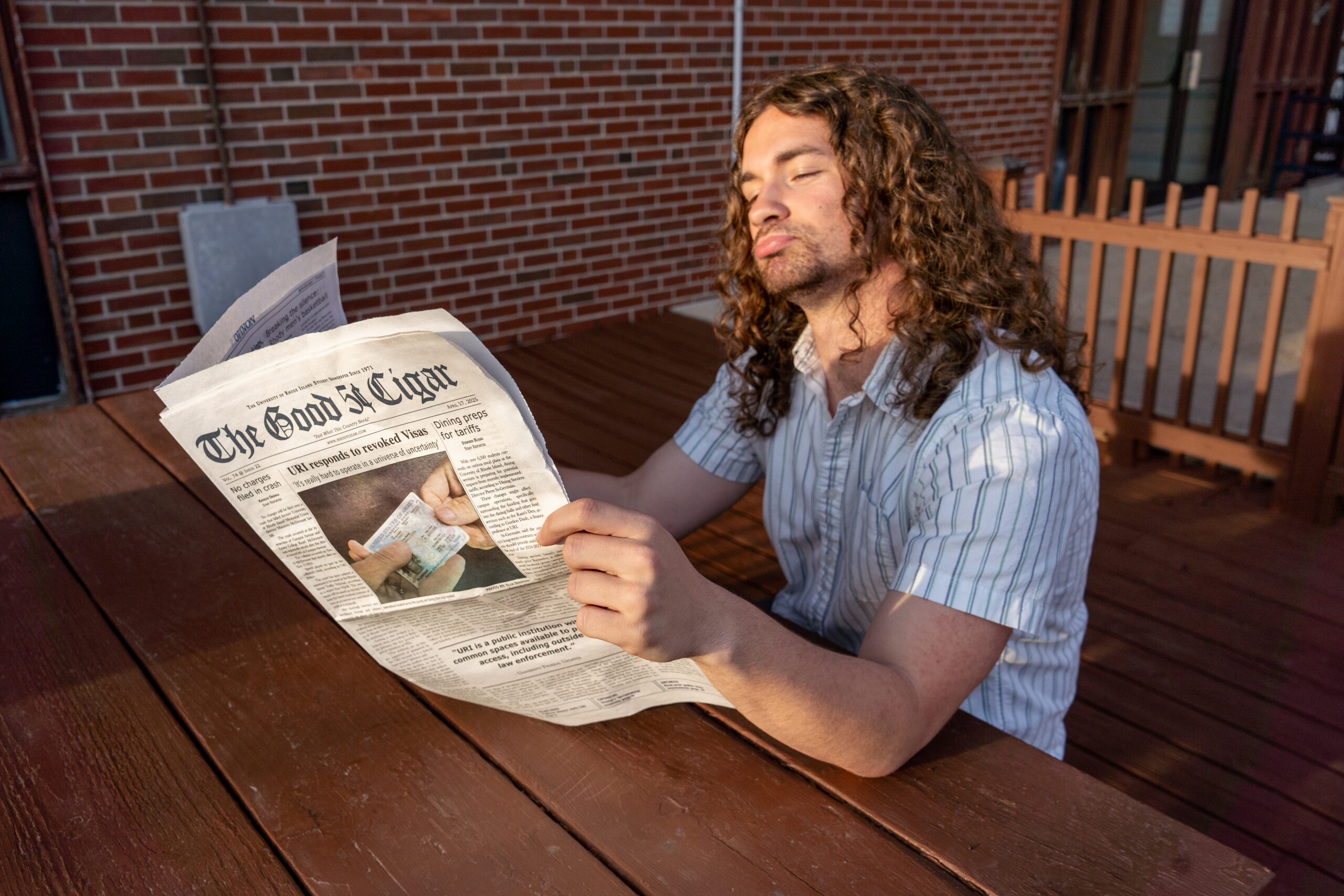Researchers in Dr. Kathleen Melanson’s Energy Balance Laboratory at the University of Rhode Island study a crucial area of research that examines eating rate and healthy dietary habits.
Currently over 60 percent of the US population is overweight or obese. There are hundreds of strategies designed to help people lose weight, yet many people find themselves unable to maintain a diet long-term and unable keep the weight off. In order to combat this, Dr. Melanson and her students focus on slowing down the pace at which a person eats with hopes of decreasing caloric intake.
Dr. Melanson’s lab focuses on the concept of energy balance, in which calories consumed are equal to calories needed by the body each day. Specifically, the lab focuses on creating a state of negative energy balance where calories consumed are less than calories used by the body each day, which can lead to weight loss.
A main concern with energy balance is helping people feel fuller longer. It is believed that by decreasing the rate at which you eat food, there will be an increase in satiation or the feeling that your appetite is fully satisfied. This in turn may cause people to eat less food and as a result lose weight.
Researchers at URI conducted a study in 30 healthy women, with an average age of 22.9 years old aimed at incorporating healthy dietary strategies to slow down eating rate. At one visit participants were instructed to eat as much as they could as fast as they could without causing any discomfort. At another visit, participants were asked to take small bites and put down their spoon between each bite to slow the pace at which they eat.
Despite the meal duration of slow paced eaters lasting 21 minutes longer on average, they consumed considerably less energy (~67 calories), when compared to fast eaters. Slow eaters consumed less food by weight (~45 grams), consumed more water (~ ½ cup) and consumed fewer calories per minute (~65 calories fewer per minute), when compared to fast eaters.
Despite higher caloric intake by the fast eaters, slower eaters reported a greater feeling of satiation. This leads the author of the study, Ana Andrade, to conclude: the “results showed that the combined techniques of taking small bites, pausing between bites, putting down the utensil and chewing thoroughly may work together to slow eating pace and help to maximize satiation [the feeling of fullness], decreasing energy [caloric] intake.â€
These findings suggest that by slowing your eating rate your body tells you that it is fuller faster and longer and thus you will consume fewer calories. If practiced throughout the day one might find themselves in a state of negative energy balance and may lose weight over time.
Future research by this lab will utilize a bite counter® to measure the amount of bites taken per day with hopes of slowing eating rate. When attempting to lose weight, you might think about slowing down the rate at which you eat before choosing from hundreds of fad diets.
From, Eric Nelson



